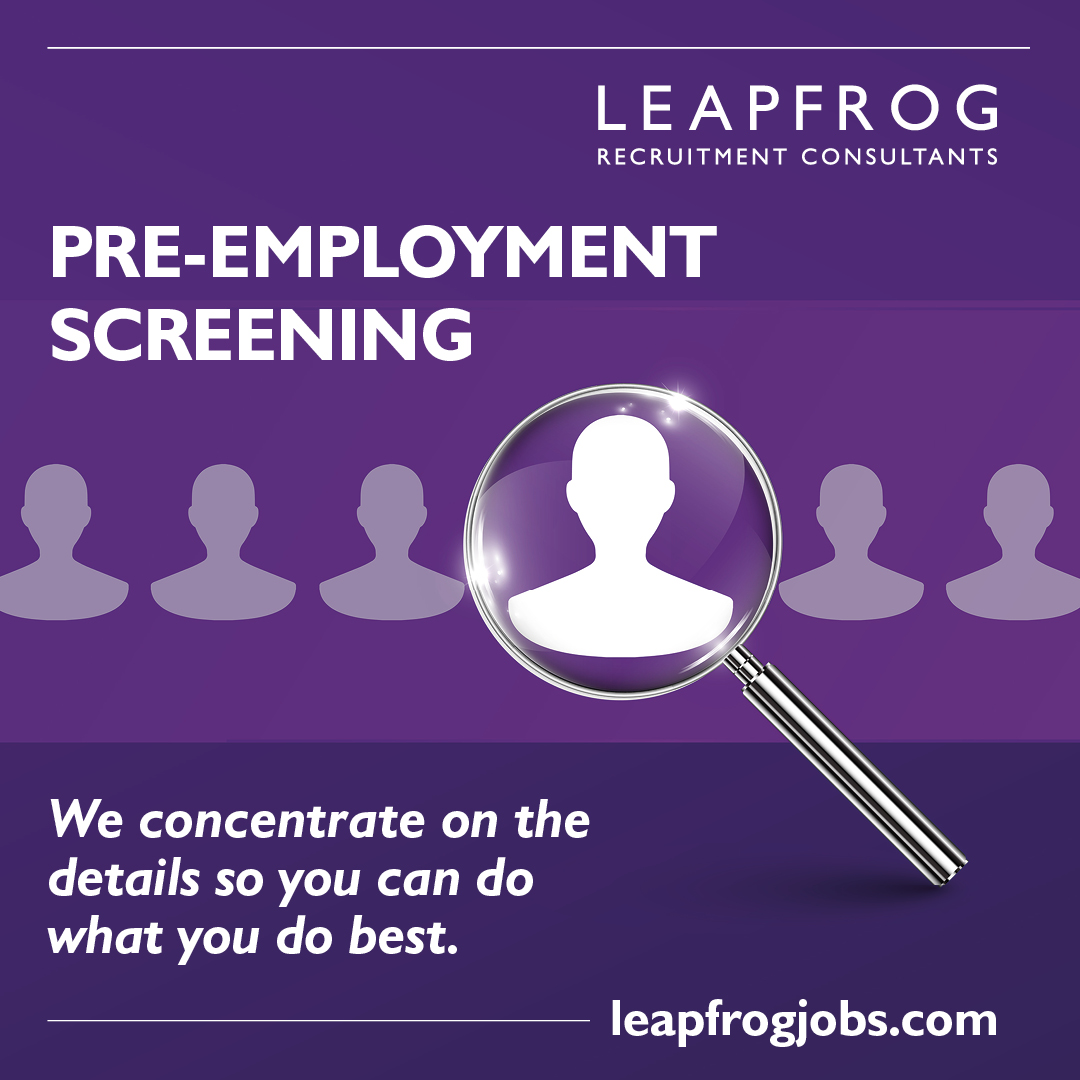Social Media Checks in Pre-Employment Screening

Can you Google a potential candidate? Of course you can!
The real question is… should you? In preparation for interviews, we always advise our candidates to ‘do the research’ on their prospective employers, which naturally includes checking out their various social media platforms. So why should the reverse be any different? Surely, if personal information about a candidate is available freely online, there is no issue looking them up and using whatever you find as part of your pre-employment screening … right?
Welcome to the infamous Grey Area and be warned that while many principles, ethics and guidelines exist, it is easy to lose your way around here. With Leapfrog’s Pre-Employment Screening Services, we make sure to bring it all back to The Data Protection (Bailiwick of Guernsey) Law, 2017 to ensure that we do our job honestly and with integrity. A quick and easy way to check whether you’re sailing too close to the wind is to look through the 7 Data Protection Principles (handy guide available here, if you would like to skip ahead) and to sense-check your process against these.
There are multiple reasons to argue that social media checks are well within the realm of reasonable checks; reputational media screening is one of the foundational checks we perform and candidates make use of LinkedIn to showcase their career progression, achievements and professional associations on a near daily basis. Candidates within Marketing, Communications and the Arts (among others) make use of digital media very intentionally, to communicate their personal brand to prospective employers and to host digital portfolios of their creations, whether that be past advertising campaigns, fine art exhibitions or highly complex programming solutions. It would be a shame to strike these as sources of information just because they fall within a Grey Area of data use.
There are also multiple reasons to argue against social media checks and from personal experience, one occasion demonstrates why quite clearly. A Google search on a potential candidate revealed an irrelevant criminal record that had not come up on the Basic Police Disclosure, as it was a spent conviction. Now, while it is easy to say one has no right to make use of this information, the damage is done; the impression has been made and the seed of doubt has been planted. In a community as small as Guernsey’s, this could severely affect the career trajectory of an individual and it also places the existing employee in an unenviable position. This begs the question – to Google, or not to Google?
- Do you have the candidate’s explicit and informed consent to conduct this check? If your check feels like you are stalking someone on a platform, the answer is probably no.
- Are you able to share your findings with the candidate, offering them a fair chance to provide context to what you have found?
- You have an obligation to collect accurate and up to date data. Is that profile picture a throwback to 12 years ago? Has this person recently updated their working history? Social media is not a guaranteed reliable representation.
When it comes to using social media for pre-employment screening, we can rarely justify or find a reason to screen candidates’ online presence. We make use of professional software to guarantee that reputational media screening is covered and we only flag potential risks to our clients. Irrelevant results are excluded, eliminating the opportunity for unconscious bias to creep in. There are occasions where candidates highlight their social media on their CVs, usually to illustrate a specific skillset or past successes. These are usually solid sources to peruse, but keep in mind that it is your responsibility to remain impartial; unconscious bias thrives in an environment without context.
A Google search might be a quick and easy way to access information about your potential new recruits, but what you do with that information is your responsibility. Luckily, if you outsource your screening to Leapfrog, you can rest assured that your new recruits’ information will be dealt with respectfully and in line with all legal requirements. For more information on Leapfrog’s outsourced Screening, Payroll and other HR Services, please get in touch with Vicki Eppelein on 01481 711188 or email [email protected].
